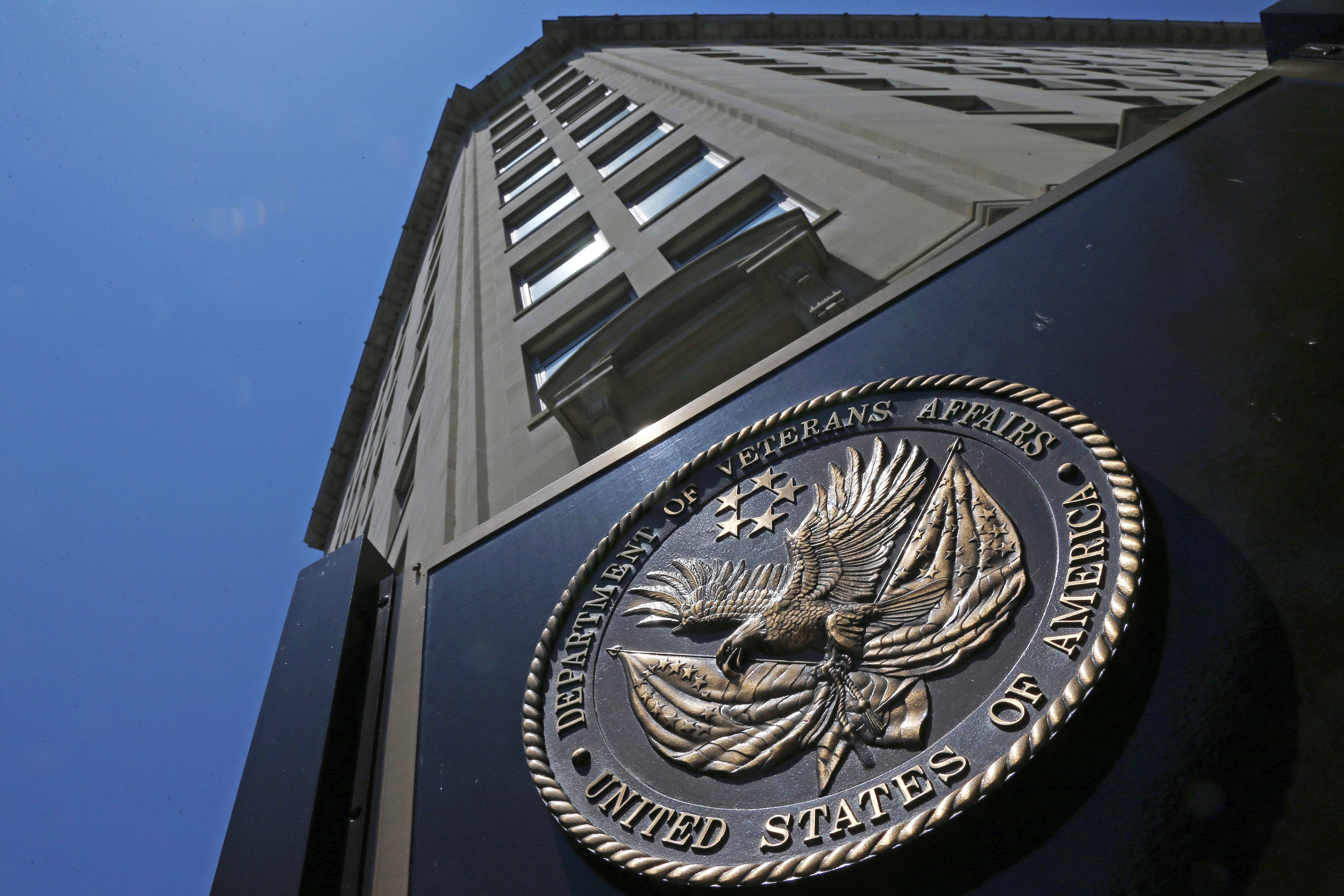A pinhole leak in a coolant supply line caused an MQ-1B Predator to crash Oct. 19, 2015, while supporting the war against the Islamic State, according to an accident investigation board report released by Air Combat Command Friday.
Although the ACC report did not identify where it was operating, a news release from U.S. Air Forces in Europe and Air Forces Africa two days after the incident said the Predator crashed at approximately 9:36 p.m. local time in southern Turkey. The aircraft experienced mechanical failure after conducting a mission in support of Operation Inherent Resolve, according to the USAFE release.
The ACC report, dated March 14, said all the wreckage was recovered, and there were no injuries or damage to civilian property. The Predator was assigned to the 432nd Wing at Creech Air Force Base, Nevada, and was operated by the 20th Reconnaissance Squadron at Whiteman Air Force Base in Missouri.
The board said the Predator's maintainers failed to notice that the coolant line was too close to another line, which caused the two lines to rub together. As a result, a tiny hole developed in the coolant line.
"Analysis of the [engine truss] P-clamps indicated the clamps were unaltered since installation, but the trajectory of the oil line may have been altered on an undetermined date," according to the report. "This non-compliant routing reduced the distance between the oil cooler supply line and coolant supply line elbow, increasing the chances of chafing at the coolant supply line elbow."
About 16 hours into its surveillance mission, the Predator unexpectedly started to descend. Its pilot tried to bring it back up to the assigned altitude, but was unsuccessful and realized the engine was overheating due to the loss of coolant.
The pilot tried to find a route through a mountain range to bring the Predator back for a safe landing, but was unable to get it high enough to clear the peaks. The pilot crashed the Predator into an unpopulated field about 55 nautical miles from an unnamed air base, although it was likely Incirlik.
The Predator's systems also incorrectly enriched its fuel-to-air mixture, which prevented the pilot from being able to reduce fuel flow and improve the engine's performance.
The report said there was no evidence that human factors were to blame. The loss of the Predator, one Hellfire missile and two missile rails cost $4.66 million.
Stephen Losey is the air warfare reporter for Defense News. He previously covered leadership and personnel issues at Air Force Times, and the Pentagon, special operations and air warfare at Military.com. He has traveled to the Middle East to cover U.S. Air Force operations.




